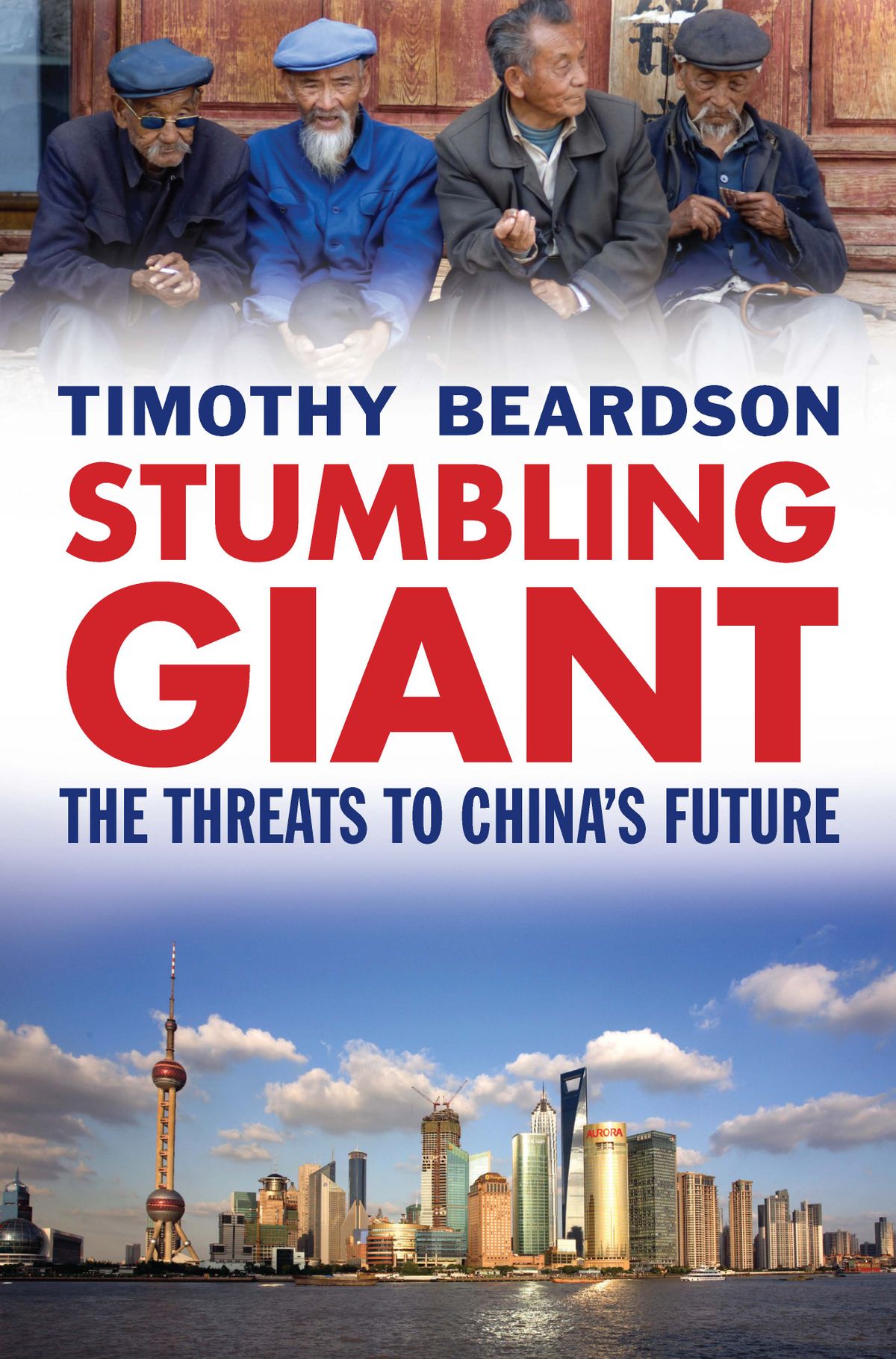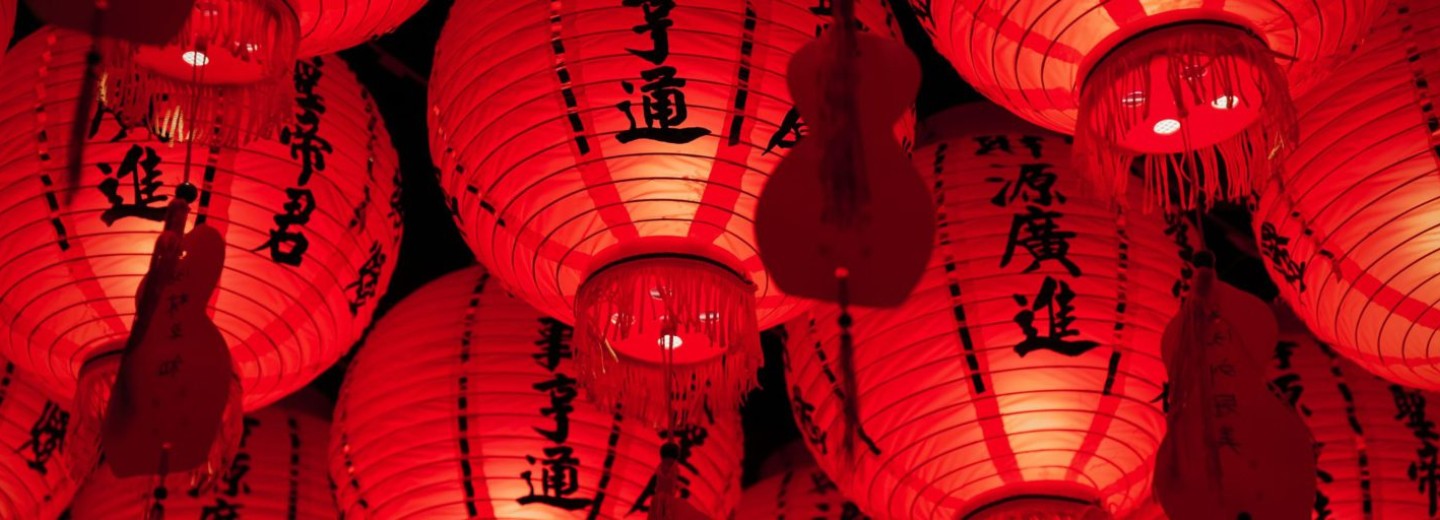Is China’s glass half full or half empty?
This is our fourth review of Chinese history and development seen through the eyes of experts. The first, ‘Todays’ Great Game’, tells of the exploitation of China by foreign powers in the 18th and 19th centuries. The second, ‘Why China Slept’ shows how China became vulnerable to this exploitation. ‘China and Sea Power’ looks at why China has put so much emphasis recently on developing naval power.
‘Miles Apart’ serves as an introduction to the series by describing China’s 5000 years of a civilisation and culture that has no parallels elsewhere.
‘Stumbling Giant’ by Timothy Beardson

In our article this week, we look at recent books by two experts. Each gives a different view of China’s future. The first, ‘Stumbling Giant’ by Timothy Beardson was published in 2013. A former banker, Timothy
‘Has China won?’ by Kishore Mahbubani
‘Has China Won’ was published this year (2020). Its author, Kishore Mahbubani is a Distinguished Fellow at the Asian Research Institute in Singapore. He was Founding Dean of the Lee Kwan Yew school of Public Policy in Singapore. He spent ten years as Singapore’s Ambassador to the UN. Kishore Mahbubani believes China’s glass is half full.

In 517 pages (that include 40 pages of notes and references), ‘Stumbling Giant’ praises the huge changes that China has made in the last three decades. The author acknowledges China’s progress in human development, for example. The UN’s Human Development Indexuses factors such as literacy, education, longevity and GDP per capita to construct an index. Between 1980 and 2007, China’s ‘score’ rose by 45%. By 2017, the improvement had risen to 75%. China had improved its ‘score’ by more than any other country in the world.
“China’s achievements have been tremendous,” Mr Beardson notes, “but so are the challenges facing it: poor working conditions, poor housing, deficient pension provision…”
These deficiencies will, sooner or later, cause social unrest, he believes. “China is in urgent need of a coherent social policy and a budget for it,” the author concludes.
From Kishore Mahbubani, one gets a different view.
There is one aspect of the Chinese mind that the Western mind finds it difficult to relate to: the Chinese like order. And they like measures that lead to greater order.
(One can see this in practice even in a partly Westernised society like Hong Kong. Most citizens dislike the period of disorder Hong Kong has faced recently. Despite the Western media’s relish of the raw number of protestors on marches and riots, only about 15% of Hong Kong’s population has ever protested. Most consider the protests a great and unnecessary inconvenience.)
Westerners might argue that even the desire for order will evaporate in the face of poverty and starvation – as it has before in China. Yet, in many ‘democratic’ countries there is evidence of this also – even today.
In ‘Has China Won’, Kishor Mahbubani explains the resilience of Chinese national governance.
….China has one of the most intelligent governments in the world. The Chinese Communist Party recruits only the best graduates in China.
The Chinese Government stands out because it has the best minds in the country available to it. Democracies have not; electability depends primarily on popularity, not intelligence.
Both Timothy Beardson and Kishore Mahbubani note the Chinese Government’s detailed research into almost all ‘world’ events and movements. They have reviewed the history of revolutions everywhere. They examine current human rights movements. They try to understand the lessons for China from political and financial crises. Because the Chinese take a very long view, they are aware of trends in China such as population reduction, the rising proportion of elderly people and the imbalance between males and females. Timothy Beardson sees these as challenges that China will find it difficult to overcome.
We are seeing the emergence of a China brittle at home and brusque overseas…..Unless there is deep, rapid and structural reform, China….will fail to achieve super-power status this century.
Yet, as Kishore Mahbubani points out, structural problems are not unique to China.
Even though the USA is a much richer country than China, the well-being of the population, especially the bottom 50%, has deteriorated in recent decades.
The opposite is true in China, where poverty has declined from around 88% in 1981 to less than 1% today.
When it comes to the economy, ‘Has China Won’ is clear:

It is not Chinese communism that is a threat to…democracy. Instead, the success and competitiveness of the Chinese economy and society is the real challenge (to the West).
Conclusions
We have taken only brief extracts from each book. The arguments made in each are more nuanced. Yet, contrary views about China run through each of them.
Why is this? There are some obvious reasons:
- The books were written seven years apart. China and the world have changed.
- One author is a businessman, financier and entrepreneur. The other is a diplomat turned academic and writer. Their views have a different focus.
- Human beings look at almost every subject differently – as do optimists and pessimists looking at a partially filled glass.
However, more than any of these, I believe one must look at the core culture and values of the writers.
Timothy Beardson has lived and worked in China for much of his life. He appreciates China and its strengths. He admires its achievements. He is worried by what he sees as its deficiencies. He is not opposed to China but concerned for it. His carefully expressed concerns reflect his perceptions of how China can improve.
His core, inevitably, is Western. He looks at the issues in China against a background of Western culture.
Kishore Mahbubani has seen global diplomacy in action. He has evaluated the strengths and weaknesses of many of the world’s countries. In his academic life, he is accustomed to deep research, careful analysis and intellectual objectivity. He observes China’s mistakes. He balances these against those of other governments.
His core is Asian. He thus has a different view of China.
The foundations of a person’s culture lie deep in their limbic and neo-limbic brains. Most people cannot distinguish, let alone describe, their core values and beliefs. Often, they do not even realise they exist. They react instinctively to people, events and arguments.
Just as we can change our behaviour but not our personality, intelligent people can understand other cultures without necessarily changing their own. If they do not understand, they will ask the wrong questions, worry about the wrong issues and fail to achieve their goals.
We are all guilty of this at times.
The famous strategist and General, Sun-Tzu, was right:
He who knows the enemy and himself will never in a hundred battles be at risk. He who does not know the enemy but knows himself will sometimes win and sometimes lose. He who knows neither the enemy nor himself will be at risk in every battle.
China understands this well. Most Western politicians do not.
Worked on the article:

Wanlikhang





